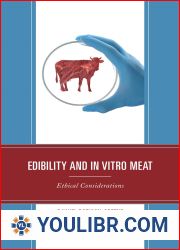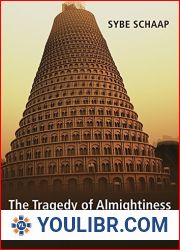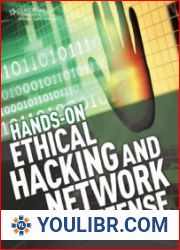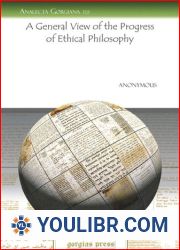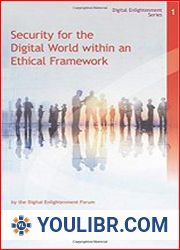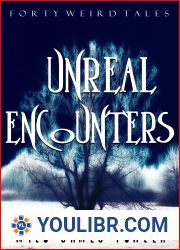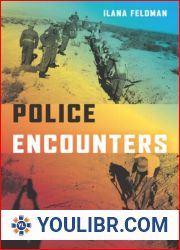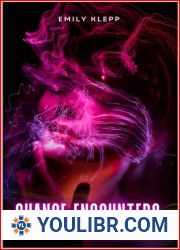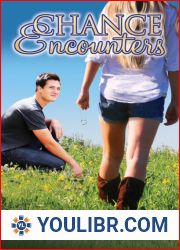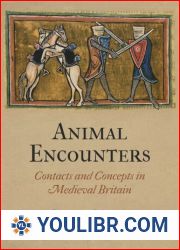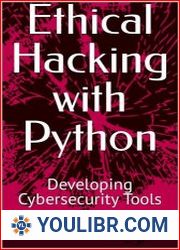
BOOKS - Ethical Encounters

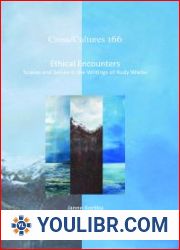
US $5.93

694783

694783
Ethical Encounters
Author: Janne Korkka
Year: 2013
Format: PDF
File size: PDF 2.4 MB
Language: English
Year: 2013
Format: PDF
File size: PDF 2.4 MB
Language: English
The problems of knowing and representing the other are acute every time we encounter a text as writers or readers Ethical Encounters engages with the representation of encounters with alterity in the writings of the Canadian author Rudy Wiebe Drawing on Emmanuel Levinas s philosophy on the ethics of encountering the other the book argues that Wiebe s writings show that the self s knowledge offers an inadequate basis for ethically valid representations of those encounters In the search for ethical ways of engaging with alterity Wiebe s writings offer new ways of employing silence and the presence of the unknowable as means to explore encounters with alterity Ethical Encounters shows that dividing Wiebe s work into two sharply distinct categories of Mennonite and First Nations writings overlooks important connections between the author s central works and may seriously hinder the interrogation of narrative engagement with alterity While such human encounters resonate against ethical strategies of representation the greatest challenge for the ethics of encounter in Wiebe s texts arises in encounters with the alterity of space Ethical Encounters engages with both physical and narrative spaces which are not permanently fixed in landscape or geography or in human perceptions of place arguing that the most radical expressions of alterity in Wiebe s writings emerge in encounters with the spaces of the Canadian North The study raises questions about the relationship between the self and the other as they concern knowing what does the self know when it claims to know another person or space How does the narrating self negotiate the seeming collapse of its own knowledge when it encounters others whose stories cannot be known Ethical Encounters casts new light not just on Wiebe s writings but also on how we as authors and readers engage with expressions of alterity which refuse to be transformed into familiar knowable forms











